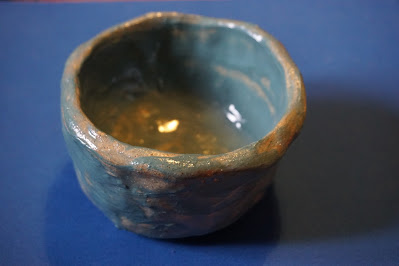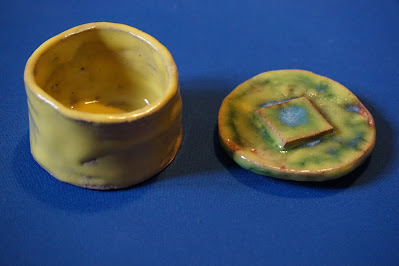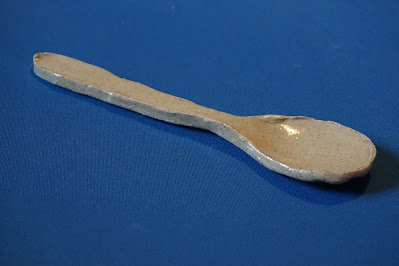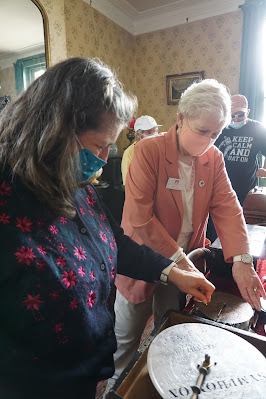"The Silver Key" is a fantasy short story by American writer H. P. Lovecraft. Written in 1926, it is considered part of his Dreamlands series. It was first published in the January 1929 issue of Weird Tales. It is a continuation of "The Dream-Quest of Unknown Kadath", and was followed by a sequel, "Through the Gates of the Silver Key", co-written with E. Hoffmann Price. The story and its sequel both feature Lovecraft's recurring character of Randolph Carter as the protagonist.
A man discovers, at the age of 30, that his daily waking exposure to the more practical, scientific ideas of man, has eventually eroded his ability to dream as he once did, and has made him regretfully subscribe more and more to the mundane beliefs of everyday, waking real life. Not certain which is truer, he sets out to determine whether the waking ideas of man are superior to his dreams.
Howard Phillips Lovecraft (August 20, 1890 – March 15, 1937) was an American writer of weird, science, fantasy, and horror fiction. Lovecraft is best known for his creation of a body of work that became known as the Cthulhu Mythos.
 |
| The Silver Key |
 |
| Howard Phillips Lovecraft |























